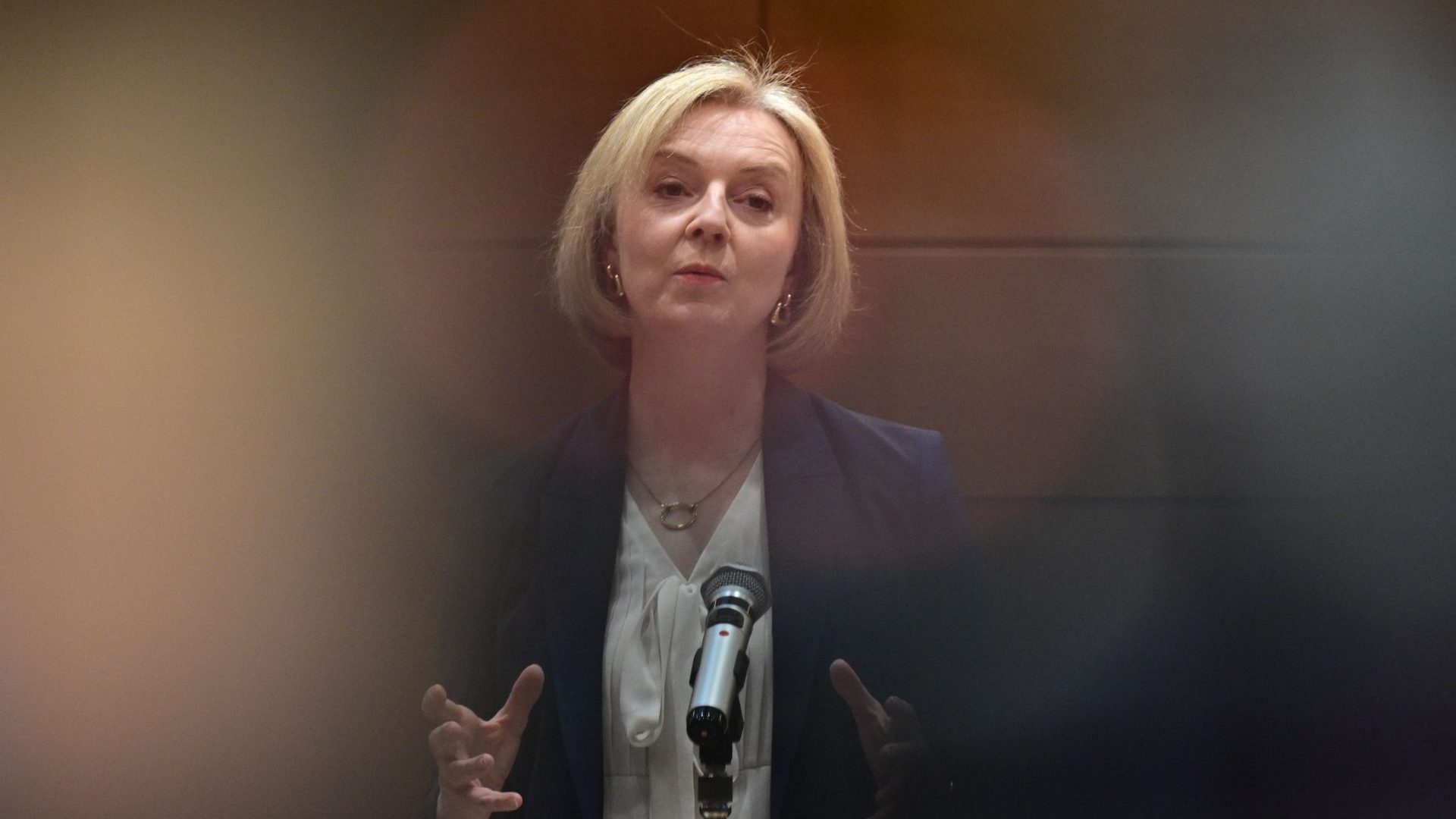Imagine you’re a factory boss about to invest in a new machine. You’ll have to borrow money, but the machine will increase output, so – like every rational investment in the history of capitalism – it should pay for itself eventually. But just as you’re about to sign the deal, your chief finance officer blocks it.
“It’s impossible for investment to boost output,” says the CFO, “because factors beyond our control will always reduce any positive effects to zero within five years.” You ask: what about the long term? “Ah, well. That’s beyond the scope of our forecast.”
If business followed that logic, there would be no private sector investment at all. But it’s the exact logic that the UK’s Office for Budget Responsibility applies to public investment.
And unless Labour starts challenging that logic openly, its plans for investment-led growth will be blocked just as effectively as Liz Truss’s tax-cutting extravaganza was last year.
Right now the International Monetary Fund (IMF) is predicting the UK will shrink by 0.3% this year – the worst-performing economy in the developed world. In February we experienced precisely zero growth. So the question is: how to get out of stagnation?
The answer revolves around the “fiscal multipliers”: how much more GDP spending an extra £1 of taxpayers’ money would get you. According to the OBR, the answer ranges from £1 for capital spending down to 60p if you increase welfare, but only in the first year. By year five all the positive effects are wiped out, through a mixture of inflation, higher interest rates, a stronger pound and falling trade.
As for the long term, though the OBR accepts, in principle, that “a large programme of public investment might also lead one to re-evaluate the outlook for potential output growth”, it refuses to model such an impact, citing a range of authors who believe that it would be zero.
I am not simplifying here. The OBR’s position is no more sophisticated than the two paragraphs above: simple, elegant and wrong.
Research suggesting that, done right, state-led investment policies could achieve an actual multiplier – say £1.70 extra GDP for every £1 invested – is ignored.
So is the experience of wartime mobilisation, which in the US from 1939 to 1952 produced growth effects up to six times the government’s outlay.
It means that all state-led growth strategies – from Liz Truss’s planned tax giveaway to Labour’s pledge to spend £28bn a year on green energy and infrastructure – are viewed as impossible to justify economically.
Truss made the mistake of ignoring the OBR – which was set up to keep the Treasury from cooking its own books. Borrowing to fund a massive tax giveaway, without reference to any objective modelling, was always going to spook the markets.
She is now said to be on the verge of setting up her own think tank to attack the OBR. But the OBR’s dogmatism on multipliers simply mirrors the Treasury’s.
To move forward, we need to recognise that UK fiscal policymaking is trapped in an orthodox framework that has demonstrably failed.
In the early years of the David Cameron/George Osborne government, when the OBR underestimated the negative multiplier effects of austerity, it triggered a doom loop of spending cuts and recession.
It is failing now because it mandates the government to underestimate the effects – short-term and long-term – of investments that are vital to boost our productivity, our skills and our stock of productive assets.
And for Labour, this is going to matter a lot. The OBR is not allowed to model Rachel Reeves’s spending pledges – sketchy though they are at present. But if it did, it would probably underestimate their positive effects, and oblige Labour to factor in higher borrowing than actually needed, or counter-productive levels of taxation.
I don’t want to abolish the OBR. But if it were obliged, by statute, to model a range of outcomes – considering economic theories that support the multiplier effects of public spending alongside those that don’t – it would be more constructive. And it could hand the political responsibility, and the risks, back to the politicians where they belong.
We have a country in stagnation. We have a workforce permanently reduced by Covid. Our trade, and our growth potential, are being hammered by the effects of Brexit.
Meanwhile, the two major economies surrounding us – the EU and the US – have adopted investment-led green growth strategies with government front and centre.
Here the vital task of re-equipping our armed forces for a period of heightened global tension is also paralysed. Faced with the massive new threat from Russia, Rishi Sunak has committed to spending 2.5% of GDP on defence, only “when fiscal conditions allow”.
And even that is way short of what is needed.
If Stanley Baldwin and Neville Chamberlain had taken that attitude in the mid-1930s there would have been no British rearmament at all.
British national debt shot up from under 40% of GDP to 70% of GDP due to the bank bailout of 2008. It crept from there to 80% because Tory austerity strangled growth. And Covid hiked it to 100% in 2020.
The only realistic chance of getting those ratios down again is to grow the economy; for that you need investment; and to justify that we need politicians prepared to take on and defeat the Alice in Wonderland arguments of the OBR.




